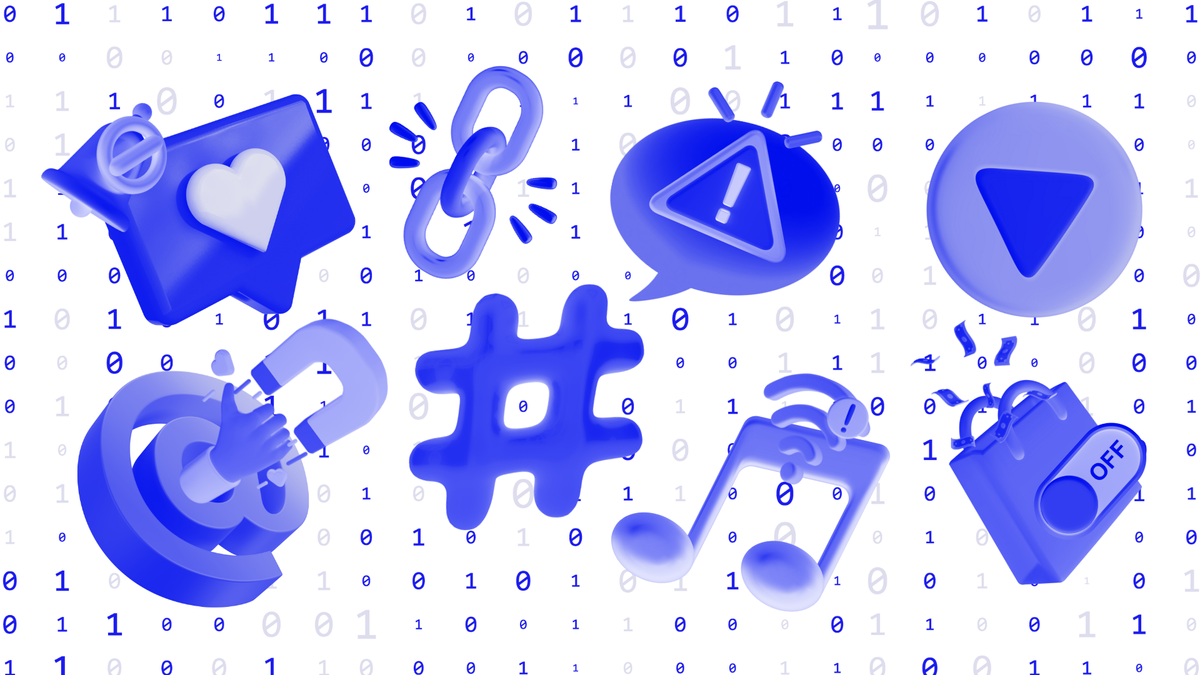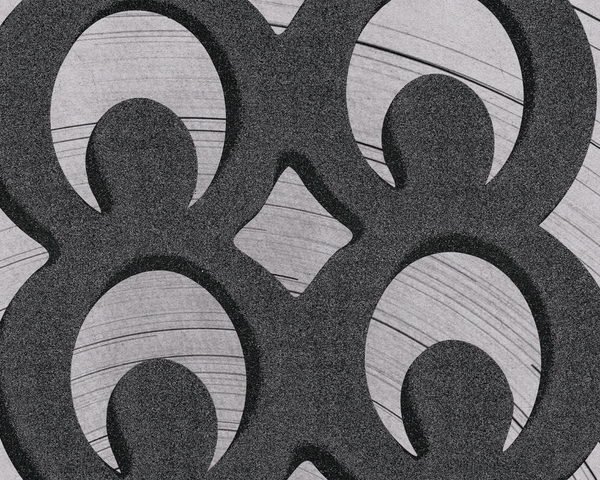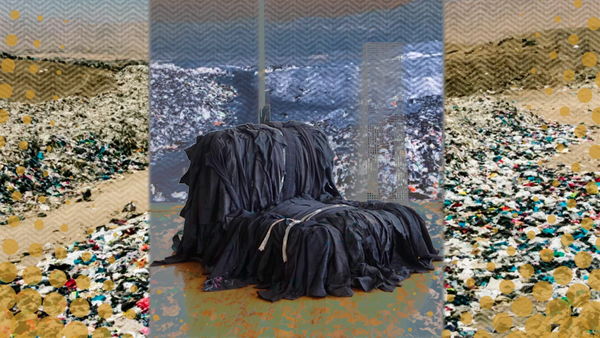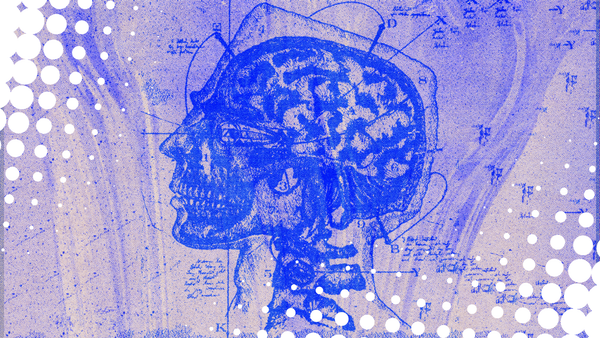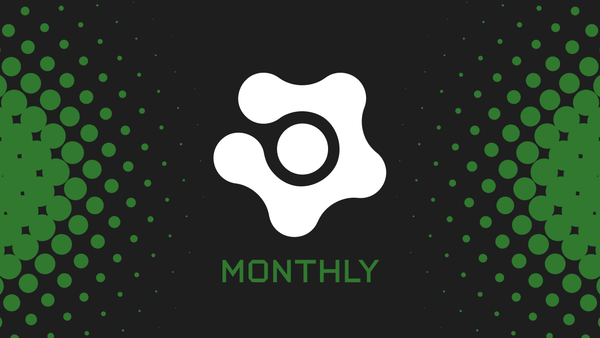How Van Newman is Divesting From Big Tech, Artificial Urgency, and the U.S.A.
We spoke to Van Newman about divestment as a practice and a source of joy in an increasingly cruel world.
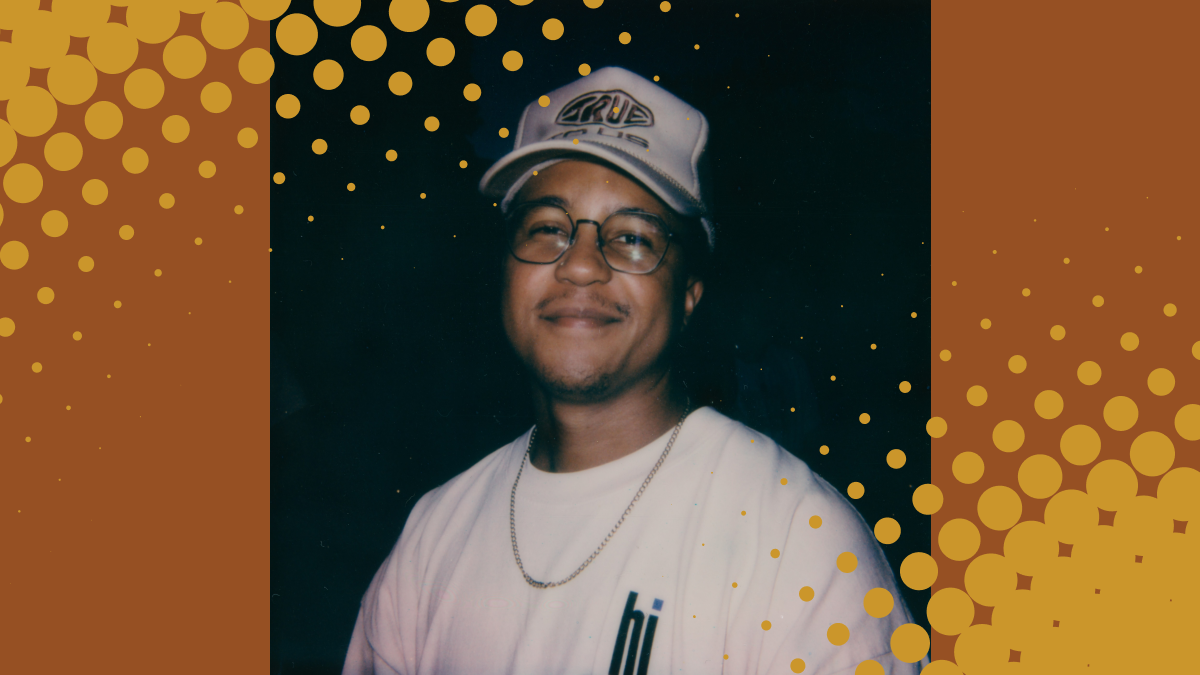
Van Newman has his eyes on the horizon. Since we met in 2020 during the founding of Design to Divest, the organization that grew into Àrokò Cooperative, Van has remained busy. After moving on from D2D, Van has been building new projects like PARTI (Participatory Actions of Resistance Towards Interdependence), developing a robust screenwriting practice, and continually experimenting with new ways of connecting people and living communally. In a wide ranging conversation, we discussed the origins of Design to Divest and what has changed with digital communities since June of 2020, finding pleasure in divesting from platforms and tools that don’t serve you, and Van’s recent move to Panama in response to escalating authoritarianism in the United States.
It's been five years since the birth of Design to Divest. Many things have changed. Many things have not in so many ways. What are some of the things that you carry with you, or have left behind, from June of 2020.
As I was preparing for this conversation, I was like, unfortunately, to your point, yes, many things have changed, and many things have not changed. And I think in many ways, we are closer to that time than we were even a year or two ago.
I've actually reflected on that time a lot in the last like year or so. The spirit that I had that was like, “I'm just gonna bring all those people together.” But if I'm being totally honest, I can feel that wear and tear of Instagram and community and using it as a place to share. There was still maybe a little bit more of a freshness of just being like, “Imma just throw up a post,” you know [five years ago].
Getting DMs, organizing on there, it all got more anxiety inducing. Now, the environment feels more competitive, which I do think can affect one's impulse to use that as a platform. During 2020, I was doing a lot of community work through Instagram. I was doing Design to Divest, we were starting inSession, which was a virtual camp for music producers of color, and I was bringing back No Insights [a working group for strategists]. Instagram really was a platform that I felt like I could use to gather people, corral people, get ideas out. And I think in this present time, it feels like doing community work is more important than ever, and people should be gathering and self organizing and trying to build sustainable systems and communities of longevity and whatever form that looks like. But at the same time, it also feels like the place that is probably many people’s starting point is eroding and becoming increasingly more unsafe.
As I look back, the things that I'm carrying with me are this urgency and this draw for community work, and I think that we will all need to find our people if we want to survive the next five years. And I've left behind the platforms and systems in which I think I've relied on to find that community which puts me in a bit of a weird limbo place right now.

The necessity of Instagram as a platform at that time cannot be overstated. The way in which it allowed information to move seems so drastically different now, especially thinking about Instagram, even thinking about Twitter. The death of the “town square,” if you will, of social media in so many ways really colors where we're at now. In 2020 a lot of the veneer was certainly starting to wear off, but it still felt like there was possibility there. I'm curious to hear your thoughts about where we go next.
In terms of places to gather, not so many digital platforms. I'm currently off Instagram, and I've been off Twitter. I feel like the ‘platform’ I've been connecting with the most is the literal phone call part the phone.
Something that I was moving through, as I was getting off of Instagram, was this feeling of wanting to share news, and then taking a minute to be like, ‘Who do I want to share this news with?’ And a lot of times when I posted to my stories, I would be like, ‘Oh, I actually really want to text this to five friends. I'm really hoping these five to ten people respond and we get to have a conversation.’
So yeah, I haven't really found any platforms in this present moment where I'm like, ‘This is the alternative.’ I will say one platform I've been playing around with is called Kumospace. It's this digital avatar style space where you can make your own room and then hang out with people. You have to be near someone to talk so it feels like you're walking up to someone or walking away. I love that, and I've been wanting to play with that as a place to digitally hang out, especially doing remote work, and feel like I'm at a co-working space with just my friends.
But to that point, it's hard to get people to adopt new things. I have a very early adopter spirit, and I'm so quick to download a product, try a new thing, ditch an app, try another app. I think that we should all start getting more comfortable with experimenting with alternatives. Because I do think that there will be a point for many of us, where these platforms are going to fuck us over and it will legitimately not be safe to be on them. We’re maybe even at that point.
But I think going into a government that's building a database with Palantir, they're going to look at our social media. The government is buying passenger data from airlines. It's all too connected. It's too easy. Again, it's okay to use these platforms, but I also think we all need to get okay with being like, ‘The house is on fire. There's a little fire. It's going to get bigger. At some point you need to leave the house, or you will catch on fire.’ So just start thinking about where your next house is going to be.
We went too far. We went too far with Google sign-on for every single thing you've ever touched, too far with having all the apps interconnected, and too far with volunteering so much of our data. We grew up on an internet that was more DIY, more decentralized, and it allowed people to be anonymous, and therefore, have more room to explore the self.
I completely agree, I do feel this rise in the return to DIY internet culture. I do see a world where we move back. And I also think it's interesting because the internet is going in an interesting direction. I'm one of those people that thinks that we're on the verge of an entirely new internet because of AI, and I can see a world where with agentic browsers, web design collapses and everything's just a database for an AI bot to search. But I also see a rising counter culture of people who are like ‘websites are art,’ and they are weird places to gather. There are early signs that that culture is going to come back.
I've been thinking about early internet, where we got to come into ourselves through avatars and anonymous usernames and these free places of self expression. Now, everything is your face, everything is your name, we're putting everything on display. I just watched Apple's keynote, and they're still trying to push Memoji. People are trying to be themselves, but they're also trying to be a filtered version of themselves and wear digital clothes on themselves. But I do think we're moving back to this era of people wanting to customize again. I think that can lead to a more customized web. I'm curious if that will just be hyper customization as commodification, where it's like, the more customized you are, it's a sign that you have money and you can afford these credits or whatever, which I think is an unfortunate place it can go. But it could go back to this place of anonymity and free expression.
I am thinking about fragmentation on the internet of the self. I want to see an app where it's like, here are my accounts. Split me off. Scramble the footprints, make it feel like they're five different people. Because I have been thinking a lot about being more anonymous, being more untraceable, seeing less patterns. And I do think that creates a freedom, and takes the pressure off of being online in a way that I felt when I was very online.
How do you do that calculus around what is worth divesting from, in what capacity and to what degree, versus what is something you keep but adjust how you use it?
When the inauguration was happening and all the tech platforms were bending the knee, kissing in the ring, donating millions of dollars, I definitely had a very extreme response, and was like, ‘fuck all of them’. Especially with Meta. Meta was donating millions of dollars and at the same time making all their platforms increasingly more unsafe for trans people. And then Trump had this speech, and is like, ‘there are two genders’. It just all felt so connected. I took a very extreme first approach, and was like, I'm gonna try to go off everything. Google, Amazon, all of it. I'm gonna leave. I'll say that it was definitely an interesting project in the U.S., but has actually been much harder outside of the U.S. in many ways.
We move [to Panama] and every business is on WhatsApp. I cannot make an appointment if I do not message someone through Meta. Or how I have to use Google Maps. I downloaded Map Quest, I tried Apple Maps, but literally no other map has the global range that Google has. And so that being said, I think kind of like the loose formula is, if I can, I will, and if I can't, I'll try.
Leaving Gmail as my email client was really easy, because no one's holding a gun to my head to use Gmail, and an email is ultimately an email. I use Proton, they also have a calendar, it works. There are small things I miss. I was using Notion calendar, which I thought was cleaner than Gmail, and I can't use that because Proton doesn't integrate with anything. It's a trade off for encryption. But, yeah, is my life that different? No.
I know that the beauty of the digital world is that it's easy and it's friction-less, but life is not friction-less. In the same way that you're getting to work in the real world, you have to experience traffic, you know? I'm trying to be open to friction in my digital lives as well, because I get to have the thing that I want, which is more autonomy and agency and freedom from surveillance.
That makes a lot of sense. It's a personal thing, and everyone has different things at stake. You need to be calculating what is at stake, what are your own personal points of risk. And then you go from there and make your decisions accordingly.
I think that's a lesson that I'm learning in real time, especially since leaving the U.S. Just because I left doesn't mean that I fully divested from these companies. Ultimately I can leave, but Uncle Sam's gonna be knocking on my door for taxes. As long as you're paying taxes in a country, you can’t ever really divest from the complicity of supporting it.
We all have a personal responsibility to try to remedy our complicity in in some way. Something I've been thinking a lot about is ‘What is my duty?’ Is it having this conversation with you and trying to get people to get off these platforms? Is it trying to volunteer with an organization fighting for digital rights? Is it trying to get trans people passports? I still have a duty to fight the fight, because I am in it. And I do think that fight has to be fought in community.
At this point, Van and I hopped off of Zoom to continue our interview in Kumospace. After giving me a tour of the space Van designed, including a coffee bar (we both got a digital cup which emptied over time), a spot to watch YouTube videos (after our interview concluded, we watched the trailer for Big Walk and planned to do a follow-up interview there when it releases next year), and several private meeting rooms (which are ‘sound-proofed’ for privacy if there are multiple people in the space), we settled into the outdoor patio, complete with fluttering butterflies and a water feature.
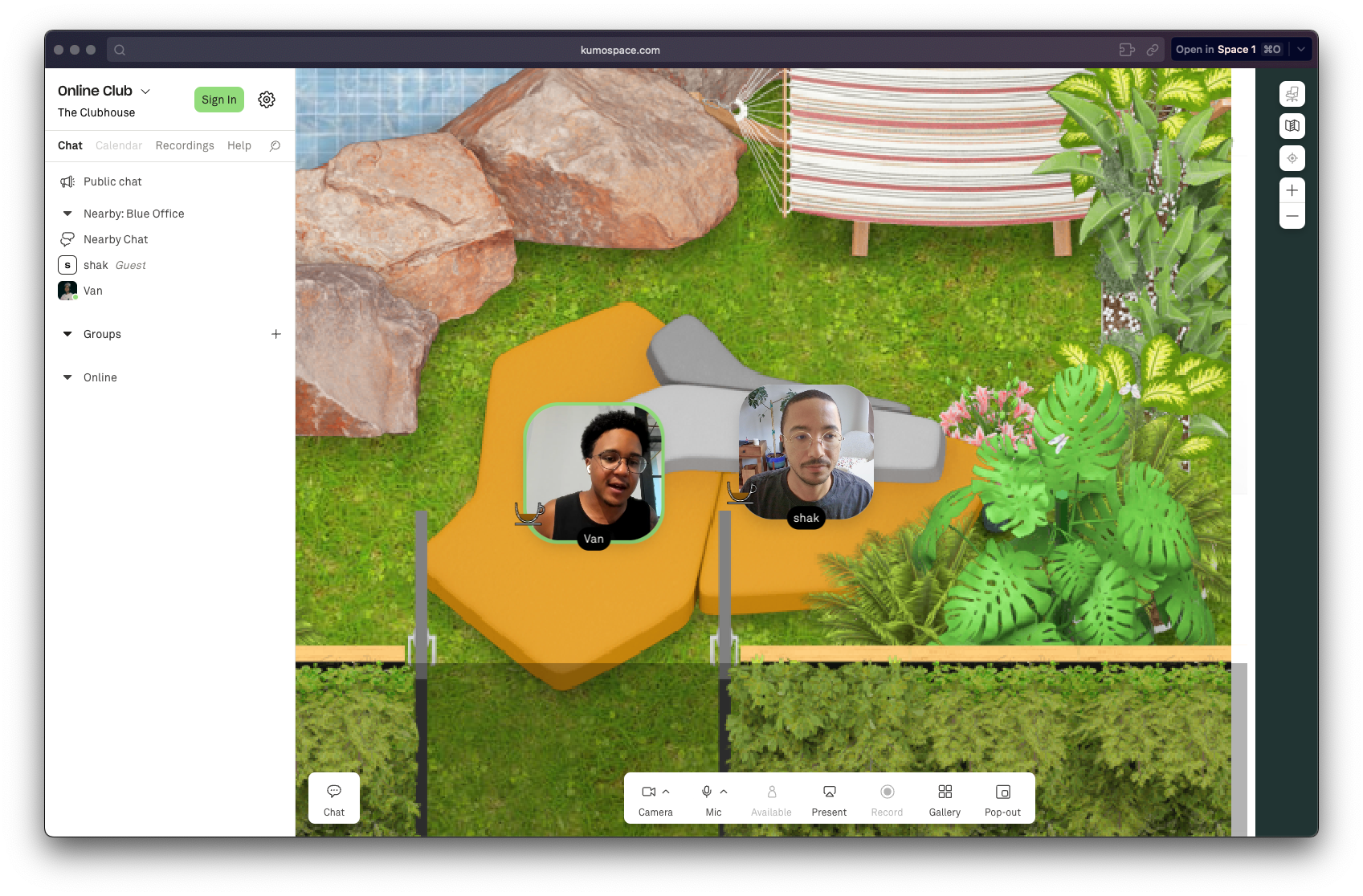
This feels like a great place for us to settle in. We know that divestment a serious practice. It is something that takes a lot of diligence. But it can also be a lot of fun, and this is a great example of that. How do you think about fun and play in terms of the things that you choose to divest from and invest in?
I have always been someone who's been obsessed with the internet, obsessed with consumer and personal technology, and what's the shiny new thing. To me, experimentation is fun and it's play. Because it is my passion, it is a fun problem to solve. When I made this space, it felt like playing the sand.
Actually, on a personal note, I have not been medically diagnosed, but I'm 99% sure that I have A.D.H.D., which has actually been a very freeing self diagnosis. But so much of that is about staying slow, which is making my world a more fun place. I've been experimenting recently with a lot of productivity tools, and something I've been coming up against is, it's actually not about productivity, it's about pleasure. It's not about a better timer, although that can help sometimes. It really is about, if I'm showing up to work, am I showing up here? Because this is fun, this is funny.
Even bringing it full circle to five years ago, I felt that the stuff I was doing felt like play. I'm trying to bring more play and pleasure in my life. Because I do think that if something is pleasurable, it doesn't feel as hard. And I think that you can convince people to do fun things, more than you can convince people to do hard things. I keep reminding myself in this time of unimaginable crisis and destruction and pain, you always can look up in the sky and see a cloud and be like ‘that cloud is really funny looking,’ and you can laugh about it. You can always stare at yourself in the mirror and make a funny face and start laughing. There is always a place to find pleasure, even in the worst of times.
Divestment is in so many ways a road to a more pleasurable and more deeply connected life with yourself, the people around you, and to a life that is less less dominated by people who don't have your interests at heart. On that note, I have one last question. For those who are out there reading this and you have thought about leaving the U.S., or if you're based in another country which is having its own authoritarian crisis, what advice would you give to someone who is considering leaving their home right now?
That is a complicated because I don't have that answer worked out. Maybe I'll give less advice and share about the thoughts we were having and how we made our decision. When Trump was inaugurated, my partner and I made a list. We wrote down everything that needs to happen to make us want to leave the country. And all those things happened very quickly.
We moved to Panama because we have family here. And that comes with its own challenges, and considerations. I'm not fluent in Spanish, and we've both been been practicing, but we're seeing this a lot in Mexico. People don't like when you want to just come into their country and not learn the language and raise the rent! I do know that I'm probably complicit in some ways with the tourism industry and gentrification. I can't say that I'm not a participant and in that system.
If you're gonna move somewhere, especially if it's a place where you don't speak the language, are you willing to learn the language? Are you willing to put yourself in space with the community? Are you ready to not just get a cute apartment, live your remote life, and not talk to anyone? Or are you moving to a place where you feel like you can integrate and serve that community.
If you’re thinking about leaving [the U.S.], especially as Black people, because this is not a conversation for white people, because I need to y’all to lay in the bed that y'all made (laughs). But with Black people, we have such a rich lineage, and I think we also all have a level of Stockholm syndrome. My hot take is we're at where we’re at as a country because America hates Black people so much that they'll burn that country down if it means keeping us where they want us. But its about asking these questions.
There's been so many things I would not trade this experience for, but community is a big thing, and it is a trade off. If you're doing it alone or with another person, if community is important to you, which I think it should be to all of us, do you have digital community? If not, are you willing to create that for yourself and put yourself out there? The trade off is: if you're going to leave the country, are you willing to put yourself out there, to stay in contact with your family, to forge new community wherever you land, to build community to resist. When you're leaving, you're not just leaving to do the same things, to live your exact same life. You have to be willing to nourish those parts of your life that maybe you took for granted or weren't thinking about before. Try to move to a place where you feel like you can do that, and if you don't know if you're going to do that, don't rush.
Read Van's newsletter, Terms & Conditions, below.
